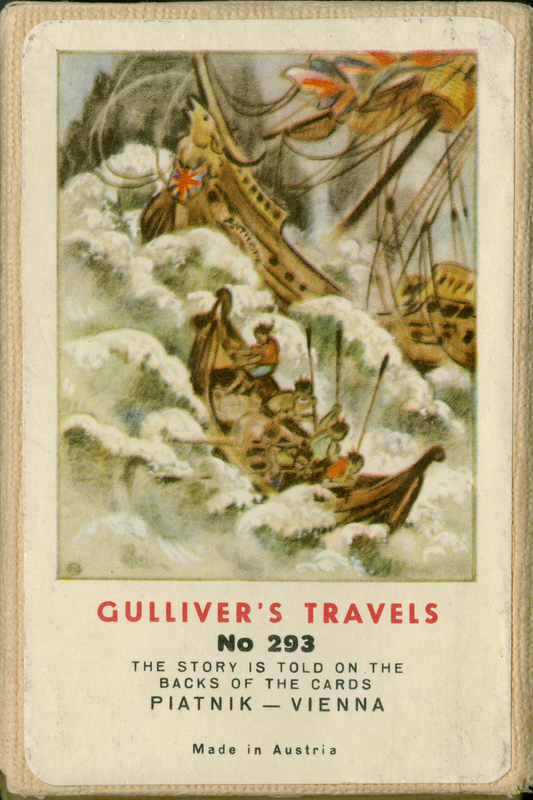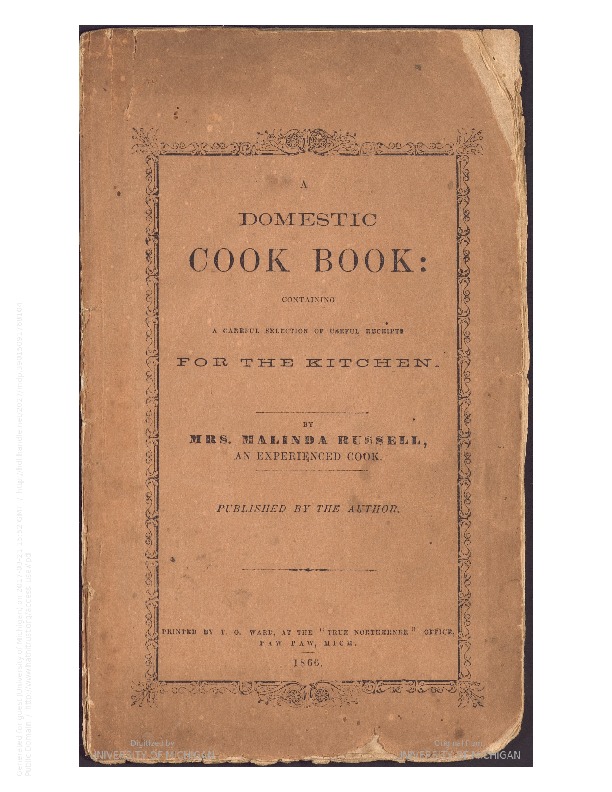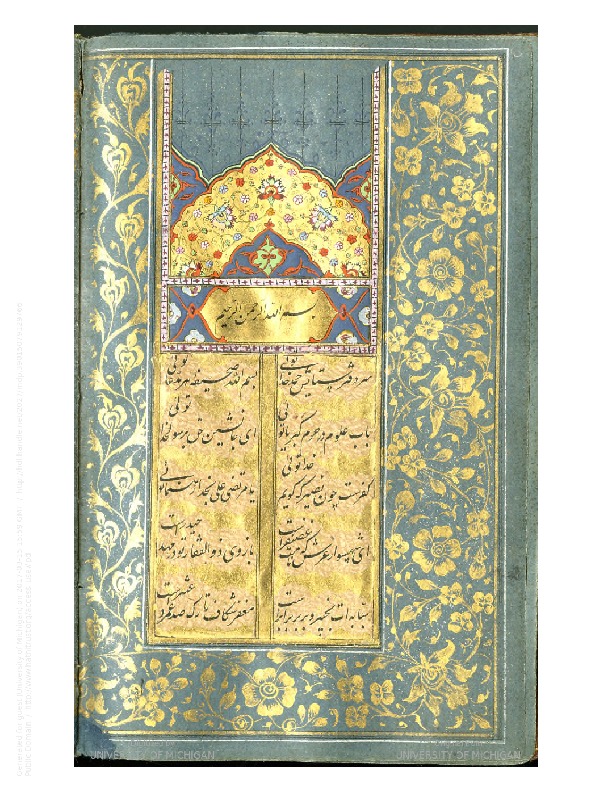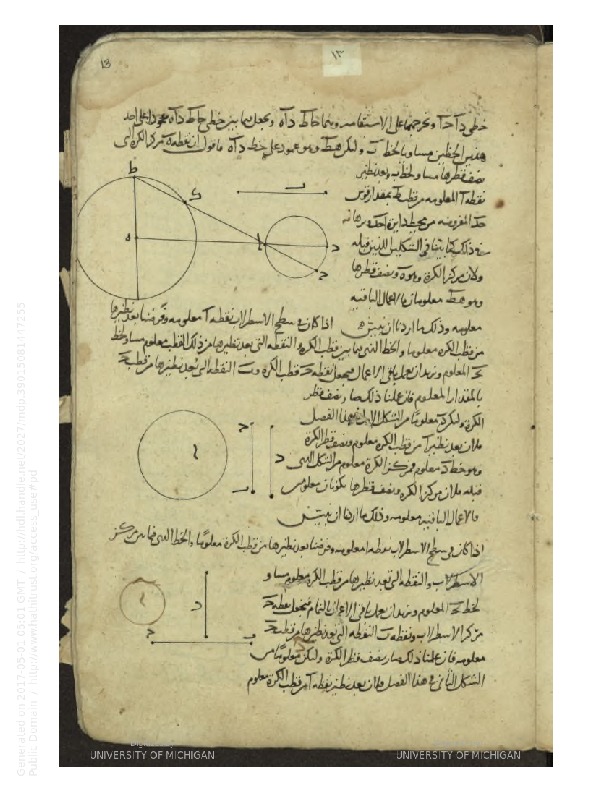Islamic Manuscripts
The Islamic Manuscripts Collection consists of 1,095 volumes dating from the 8th to the 20th century CE and carrying roughly 1,795 texts chiefly in Arabic, Persian, and Ottoman Turkish. The collection offers a vast range of material for philologists and historians of various disciplines, including Islamic social history, knowledge transmission and acquisition, manuscript production and ownership, and the arts of the book, and ranks among the largest and most significant such collections in North America.
Isl. ms. 350 is a selection of Persian poetry from the personal collection of the Ottoman sultan Abdul Hamid II, the 34th sultan of the Ottoman Empire who ruled from August 1876 until he was deposed shortly after the 1908 Young Turk Revolution, on 27 April 1909. The Hamid Collection was purchased for the University in 1924 by Francis W. Kelsey, for whom the Kelsey Museum is named. Kelsey served as professor of Latin language and literature from 1889 until his death in 1927. He was an enthusiastic teacher, meticulous researcher, and savvy entrepreneur, who continually immersed himself in visionary projects ranging from the archaeological to the humanitarian.
Isl. ms 764 is the work of an important 10th-century mathematician and astronomer originally from Iran. This item is part of a group of 143 manuscripts acquired between 1933 and 1934 with funds provided to the University by Tracy W. McGregor, a humanitarian, philanthropist, and Detroit civic leader. The purchase was accomplished by Professor Louis Charles Karpinski, a mathematician, collector, and significant authority on the history of science.
Both of these manuscripts, along with hundreds more from the collection, have been digitized and made available through HathiTrust.

Hubbard Imaginary Voyages Collection

Janice Bluestein Longone Culinary Archive


